Debit Card
A debit card allows you to use a card to spend the money you have in the bank, so just think of it as more convenient than carrying cash around all the time. A debit card is a great way to buy things without having to worry about going into debt or losing your money, because you’re spending your own money, unlike with a credit card. Debit cards can be used to buy things online if they have a “visa”or “mastercard” label on them – a good way to manage online shopping if you do not want to risk having a credit card.
Credit Card
Credit means borrowing money – either by having a credit card or getting a loan from the bank. You have to pay a high rate of interest to the bank until you pay off your debt – and it can quickly add up.
It is better to save for the things you need than to borrow money, if you can, as you will end up having to pay much more in the long run in the form of interest repayments. Sometimes it can be as much as twice what you paid for it – if you are unable to pay off the debt within a month. Plus banks will be ringing you to see when you will pay and the hassle can be stressful! If you are unable to pay off credit cards, this can affect your credit rating and cause problems in later life if you are trying to get a loan for something like a car.
Safety
Here are 5 simple tips to follow to make sure you are protecting your PIN number on your credit or debit card:
1. Never share the PIN with anyone
2. Never give out your PIN in response to e-mail or telephone requests
3. Use your other hand to cover your PIN when typing it in to an ATM or eftpos machine
4. Choose a PIN password that is not obvious – so not your birthday
5. Do not write your PIN down on the card, ever
Stolen card
If your card is lost or stolen, don’t forget to ring your bank or log on to your online banking immediately to notify the bank. If not, you may be charged for any money withdrawn from your account. Most card issuers have a 24 hour 7 day a week emergency contact number in the case of a lost or stolen card – you can find this number on the website of your chosen bank.
Email and text scams
Don’t open any suspicious emails or text messages – some may contain viruses or scams. Your bank will never ask for any personal information, banking password or PIN in an email or text – so never follow a link asking you to enter your password, it is a scam!
Credit records
It’s really important to have a good credit record. Your credit record is in the form of a report that contains information about you and your credit history, including:
- Your personal details such as your name, date of birth, current and past addresses, employment and driver’s licence number.
- Your credit applications including information on your credit provider, amount of credit and type of credit.
- Overdue payments of 60 days or more when you have been sent a letter notifying you of the default.
- Credit defaults that have been paid.
- Serious credit infringements or ‘clearout’ listings – this is when the credit provider has unsuccessfully tried to contact you in writing and has reported you as a missing debtor.
- Information on the public record such as judgment debts or bankruptcy orders.
- Learn more about this here.
Don’t stress, you can clean up your credit record!
1. Get a copy of your credit report by contacting any of these agencies:
http://www.mycreditfile.com.au/
www.dnb.com.au/
Tasmania: www.tascol.com.au/
2. Check the record is accurate.
3. Fix it. This usually means paying any amount owing on unpaid bills.



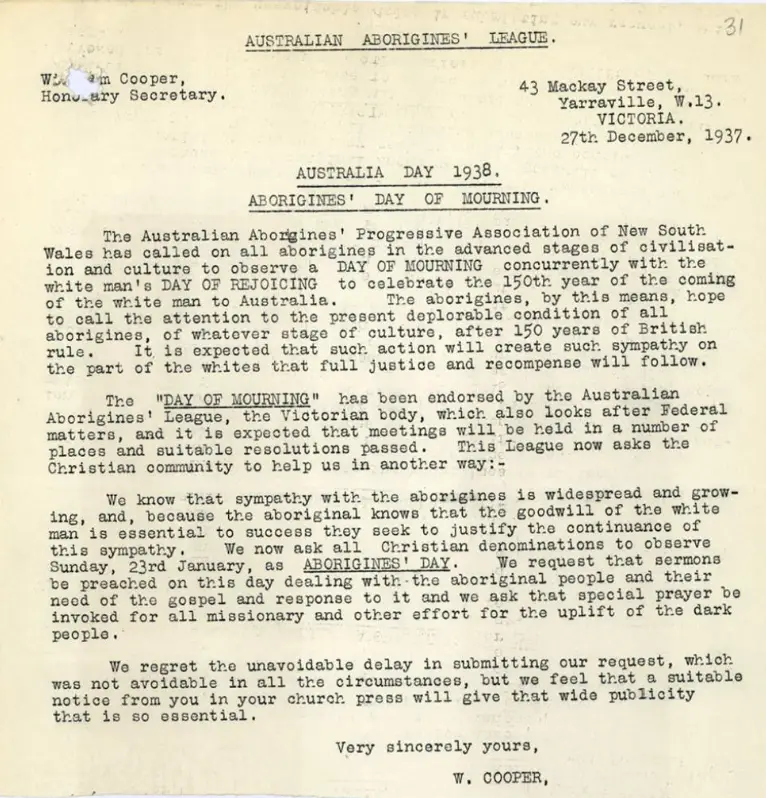


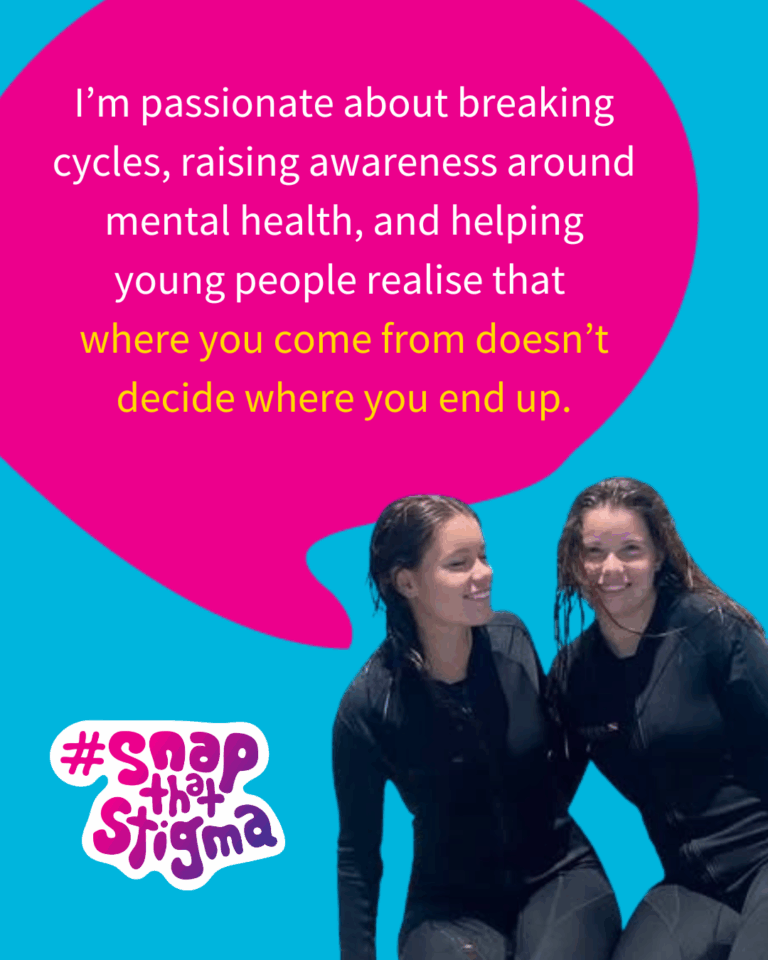

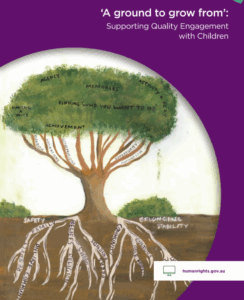
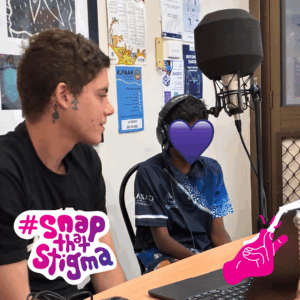




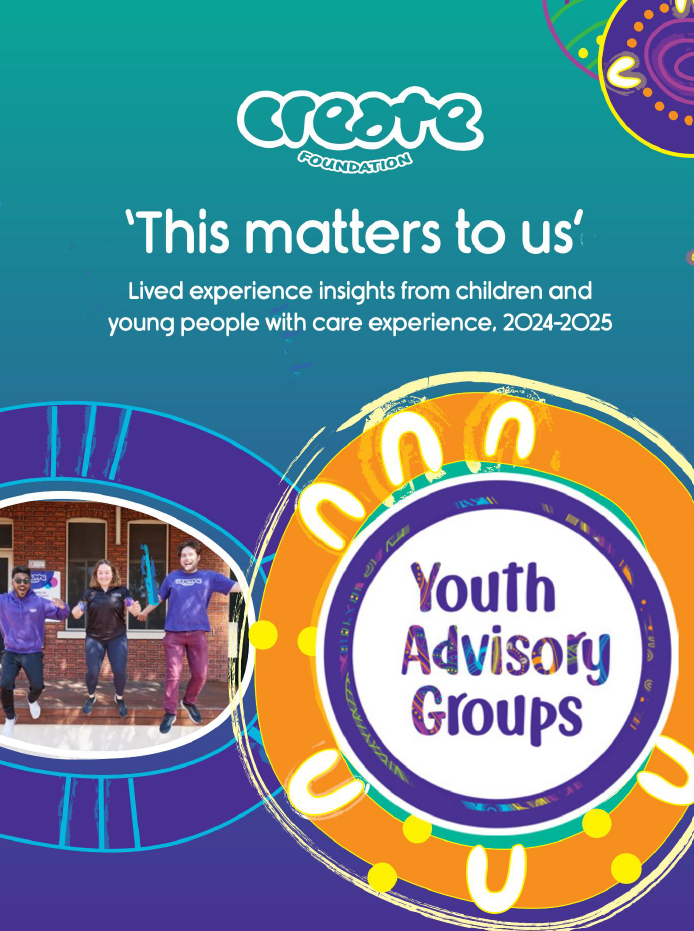


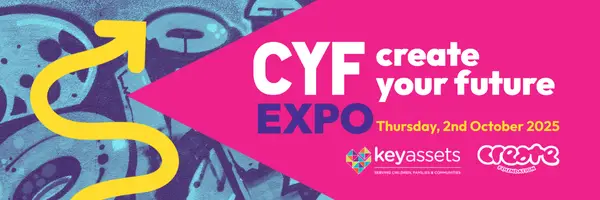

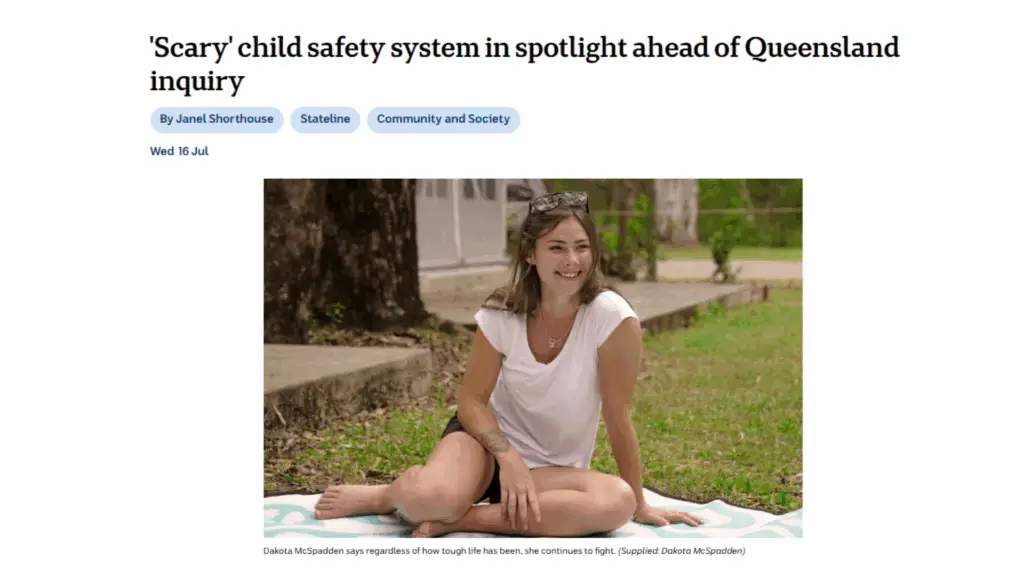


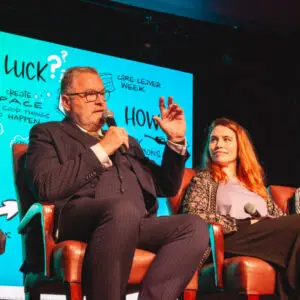


like create on facebook